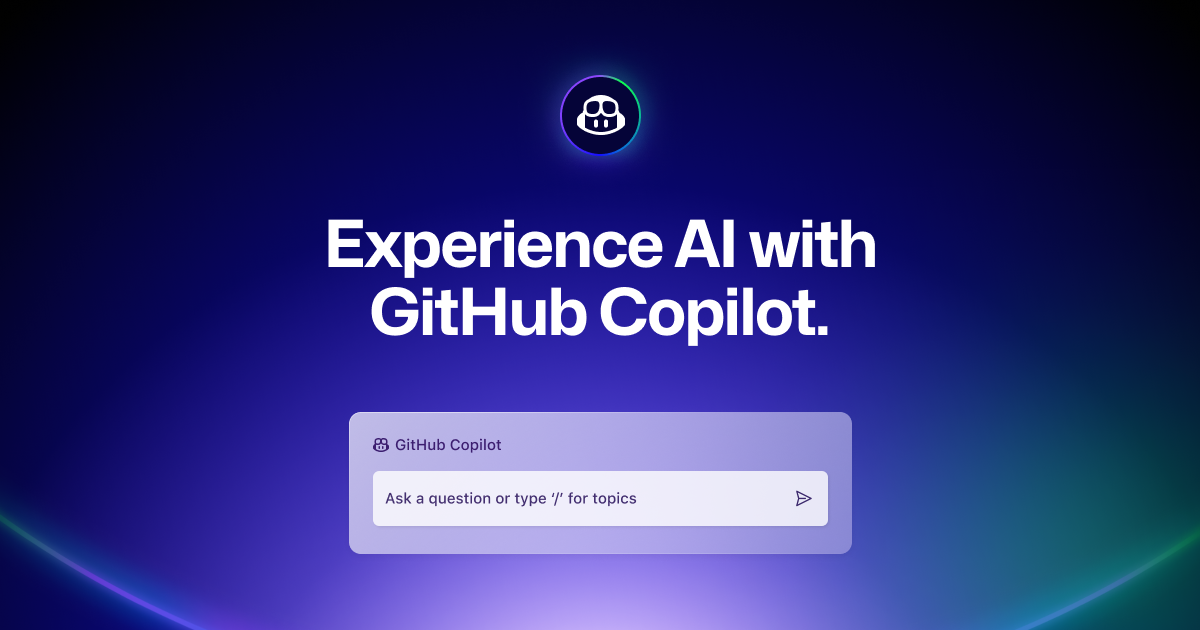
GitHub Copilot Free Plan
The Future of AI-Generated Code: Navigating Intellectual Property in the Age of GitHub Copilot
In a world where artificial intelligence increasingly assists with creative work, GitHub's recent announcement of a free tier for Copilot raises important questions about intellectual property rights and content ownership. As developers worldwide gain access to AI pair programming capabilities, the lines between human-created and AI-generated code become increasingly blurred, creating new challenges for protecting intellectual property.
Unfortunately, I notice the provided article content appears to be incomplete or corrupted, showing only HTML markup without the actual news content about GitHub Copilot's free plan. Without the specific details of the announcement, I cannot provide a thorough analysis of the news itself. However, I can discuss the broader implications of AI coding assistants and intellectual property protection that this type of development represents.
The rise of AI coding assistants fundamentally changes how we think about code ownership and attribution. When an AI system trained on public repositories generates code snippets, questions naturally arise: Who owns the output? How can developers protect their original contributions? What happens when AI-generated code closely mirrors existing proprietary code? These questions highlight the growing need for robust, verifiable systems to establish code provenance and ownership.
Blockchain technology offers a compelling solution to these emerging challenges. By creating an immutable record of when specific code was created and by whom, developers can establish clear ownership of their intellectual property. This becomes especially critical as AI tools make it easier than ever to generate and reproduce code snippets that may be similar or identical to existing work.
For businesses and individual developers alike, protecting intellectual property in this new landscape requires a proactive approach. Simply writing code is no longer enough – establishing verifiable proof of creation and ownership becomes essential. This is where blockchain-based certification systems prove invaluable, providing tamper-proof evidence of when specific code was created and by whom.
The key to navigating this new reality lies in implementing robust IP protection strategies that combine traditional legal approaches with modern technological solutions. By creating verifiable records of code ownership on the Bitcoin blockchain, developers can establish clear provenance for their work while maintaining the flexibility to collaborate and innovate.
As we move forward in this rapidly evolving landscape, the ability to prove ownership and originality of code will become increasingly valuable. Whether you're an individual developer or part of a larger organization, having clear, verifiable proof of your intellectual property can make the difference between protecting your rights and losing control of your creative work.
Ready to protect your intellectual property in the age of AI? Visit https://certvera.com/learn-more to discover how blockchain certification can safeguard your creative work and establish undeniable proof of ownership.